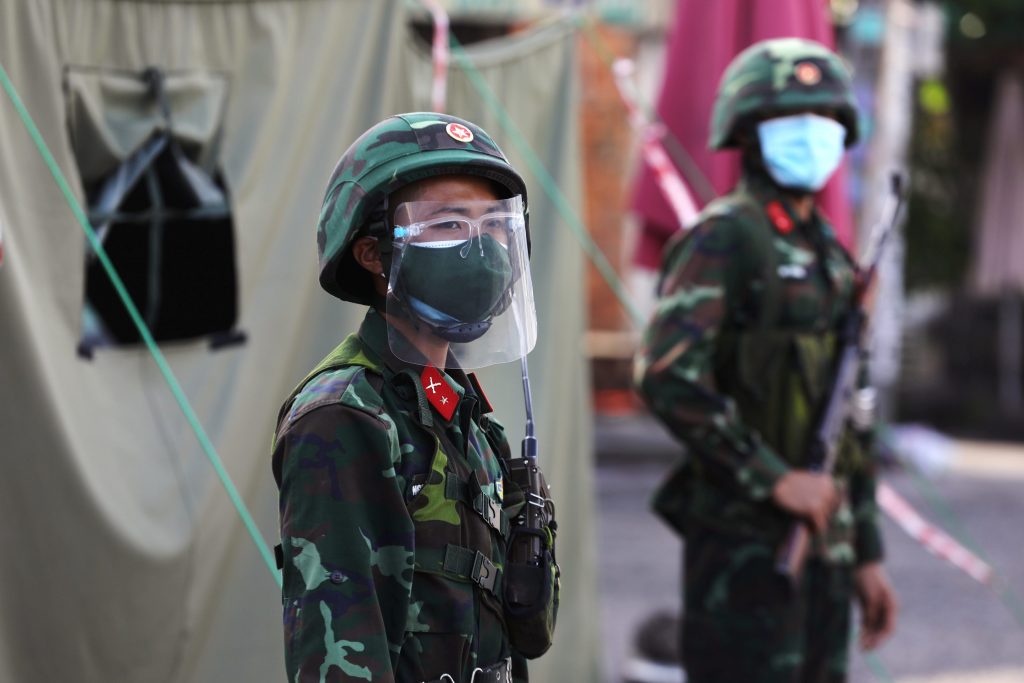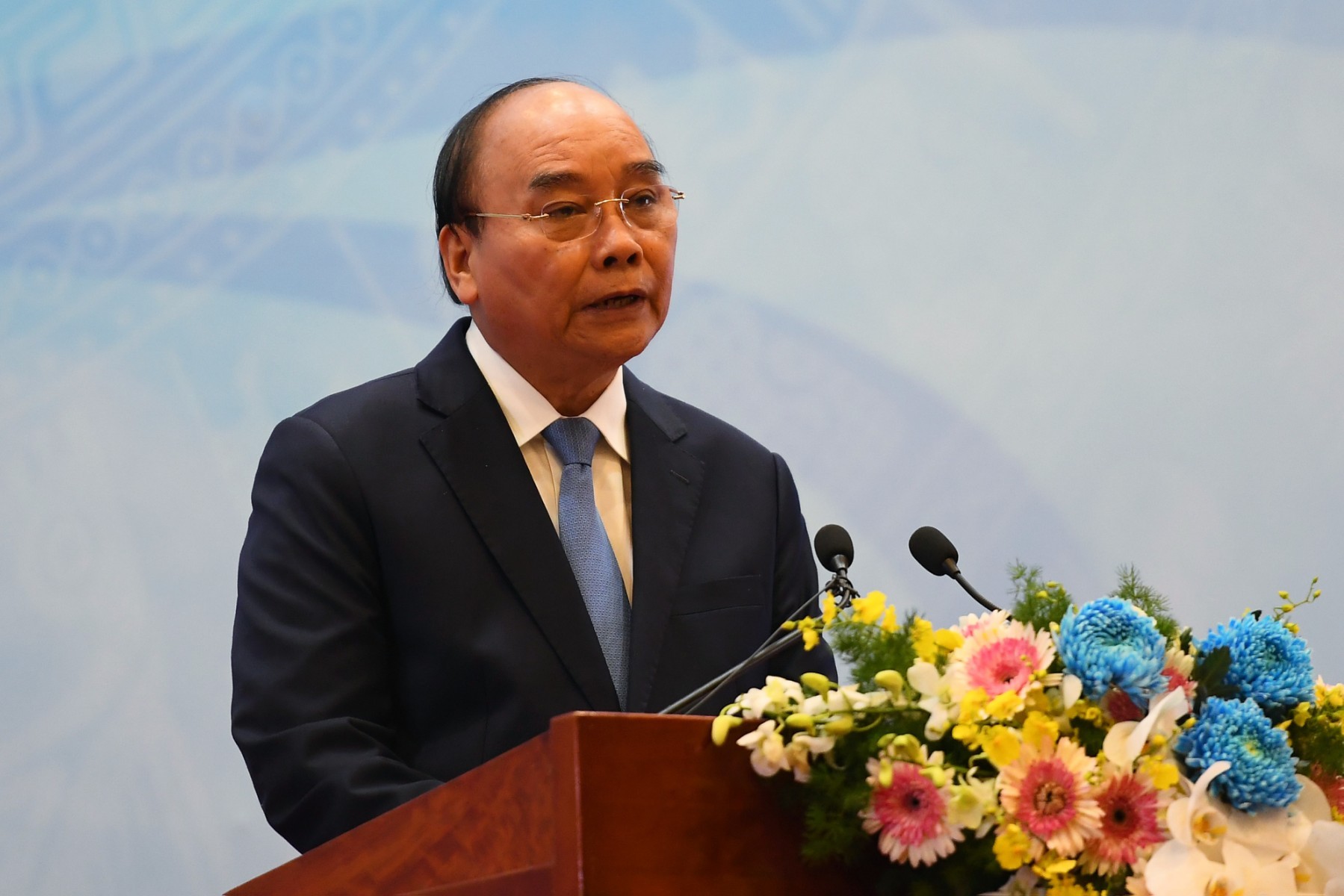Vietnam President Nguyen Xuan Phuc has resigned, state media said Tuesday, after days of rumours he was about to be sacked as part of a major anti-corruption drive that has seen several ministers fired.
The sudden departure is a highly unusual move in communist Vietnam, where political changes are normally carefully orchestrated, with an emphasis on cautious stability.
Only one other Communist Party president has ever stepped down, and that was for health reasons.
“The resignation of President Nguyen Xuan Phuc is an unprecedented move in the history of the party,” said Nguyen Khac Giang, research fellow at the Vietnam Centre for Economic and Strategic Studies (VESS).
State media said the Communist Party had ruled he was responsible for wrongdoing by senior ministers under him during his 2016-2021 stint as prime minister, before he became president.
Two deputy prime ministers were sacked this month in an anti-corruption purge that has led to the arrest of dozens of officials, with many of the graft allegations relating to deals done as part of Vietnam’s Covid pandemic response.
Phuc “took political responsibility as leader when several officials, including two deputy prime ministers and three ministers committed violations and shortcomings, causing very serious consequences,” state news agency VNA said, quoting the party central committee’s official statement.
Earlier this month, the country’s rubber stamp National Assembly removed Pham Binh Minh and Vu Duc Dam from their positions as deputy prime ministers.
Minh was a minister of foreign affairs while Dam was in charge of the country’s handling of the Covid-19 pandemic.
At least 100 officials and businesspeople, including Dam’s assistant, have been arrested in connection with a scandal involving the distribution of Covid-19 testing kits.
Thirty-seven people — many of them senior diplomats and police — have also been arrested in an investigation over the repatriation of Vietnamese during the pandemic.

Corruption, infighting
After closing its borders to slow the spread of the coronavirus, Vietnam organised nearly 800 charter flights to bring citizens home from 60 countries and territories.
But travelers faced complicated procedures while paying exorbitant airfares and quarantine fees to get back to Vietnam.
Phuc, 68, was elevated to the largely ceremonial role of president in April 2021 after winning plaudits for the country’s broadly successful handling of the pandemic.
Authoritarian Vietnam is run by the Communist Party and officially led by the party general secretary, president and prime minister, with key decisions made by the politburo, which now numbers 16.
Le Hong Hiep, a fellow at the ISEAS-Yusof Ishak Institute in Singapore, said Phuc’s resignation may also be linked to political infighting.
“It’s mainly related to corruption investigations but we cannot rule out the possibility that his political rivals also wanted to remove him from his position for political reasons,” he told AFP.
Communist Party leader Nguyen Phu Trong, the architect of what is Vietnam’s largest-ever anti-corruption drive, is due to step down in 2026.
“Some politicians will try to get the (top) prize, and because of the competition from their rivals — in this case Mr Phuc is one of them — they may want to remove him to clear the way for the other candidate to get the top job.”
Among the candidates to replace Phuc is To Lam, the current minister of public security, said Hiep, adding that the change would likely not have significant consequences for the direction of the country.
“In Vietnam, policies are made collectively by the politburo so I don’t think his departure will lead to major policy changes or any problems with the political system.”







